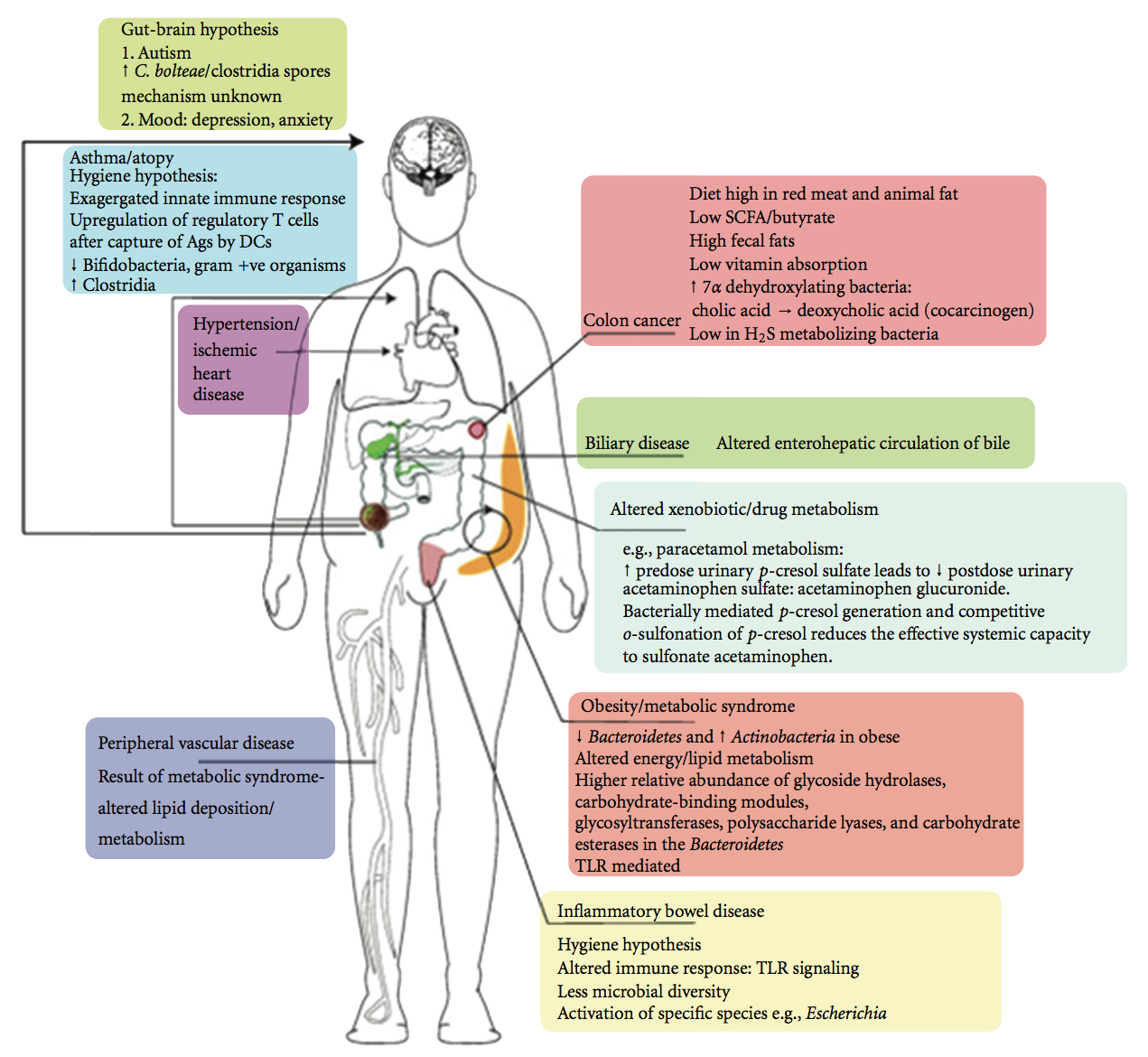Effects of alcohol addiction on the digestive system
Effects of alcohol addiction on the digestive system: The Digestive System Explained

Effects of alcohol addiction on the digestive system can be corrected by the applications of preventive measures of alcoholism
Alcohol consumption when abused can become one of the most dangerous substances that can cause serious health complication to the body. Even though it is said that the use of alcohol can be beneficial to the body, this fact is betrayed by the fact that this substance is very addictive and the minimum level of usage is often very difficult to attain. Moreover the said benefits are very insignificant when compared to the demerits of alcohol. For that reason we want to explore some of the effects of alcohol addiction on the digestive system with a view of understanding the possible corrective measures that we can take to salvage the problem. When we talk of the benefits, it is often eluded to the moderate consumption of alcohol. Users of alcohol will tell you that when taken in moderation, it can make life a bit more enjoyable for some people. These people will tell you that it allows them to socialize more easily, and also cause them to relax after a hard day’s work. However what may not be clear to these users is that there is a dark side to alcohol consumption, and this will soon become apparent when individuals drink beyond the estimated limit. The consequences of this can lead to all sorts of physical and mental health problems. Therefore if people become addicted to alcohol it can completely destroy their life.
Effects of alcohol addiction on the digestive system: Organs of the digestive system
Before we get to understand how alcohol addiction affects the digestive system, it is important to appreciate that people need to consume food in order to survive, to be strong and healthy. Besides that, it is also not only needed for fuel but the body also uses elements of this nutrition for repair of the body. Now the digestive system is a group of organs in the body that are tasked with the role of removing all the needed nutrients from any food that is eaten. In other words, in order for people to live life to the fullest they need to have a fully functional digestive system. These digestive systems are made up of several different organs including the following:
- The mouth is where digestion begins. The food that is eaten will be partly broken down by chewing so as to make it easier to digest. At this point, the saliva can begin to break down some chemicals in food.
- Food is then transferred to the stomach by the esophagus.
- The stomach contains a strong acid that helps to break down food. The churning motion of the stomach turns food into a sludge-like substance called chime.
- The liver produces bile which is stored in the gallbladder.
- The pancreas produces enzymes that are also required for digestion.
- The small intestine is where bile and enzymes help to extract the nutrients from the food.
- The large intestine contains microbes that assist in breaking down food. In this organ electrolytes and water is extracted from the chime.
- Anything in the food that is not of use to the body ends up in the rectum where it is expelled as feces and that is the process of digestion which can be literally destroyed by the abuse of alcohol.
Effects of alcohol addiction on the digestive system: Digestive System Problems Caused by Alcohol Abuse
According to the experts at AWAREmed Health and Wellness Resource Center, alcohol abuse can cause havoc in every organ of the digestive system listed above. Doctor Dalal Akoury shares with us some of the most common problems that are likely to come as a result of the abuse of this substance:
- Alcohol increases the risk that people will develop mouth cancer remember that alcohol comes in second besides tobacco smoking to this effect. However it can also cause some people to develop gum disease.
- Heartburn is frequently caused by excessive alcohol intake. It does this by relaxing the sphincter that is there to control the acidic contents of the stomach from passing into the esophagus. If this fluid makes it past the sphincter it can be highly irritating to the esophagus, and this is what causes heartburn.
- Alcohol abuse can damage the lining of the stomach. This can lead to problems including inflammation of the stomach gastritis.
- Alcohol may increase the risk of people developing stomach cancer, but there is no conclusive proof of this.
- Alcohol abuse can increase the risk of people developing small intestine cancers.
- It can cause mal-absorption so that the individual is not absorbing all the nutrients from food they need.
- It may cause leaky gut syndrome where unwanted toxins are able to leak through the intestine into the rest of the body. These toxins then cause problems and lead to ill-health.
- It can exacerbate irritable bowel syndrome
- Alcohol can cause both diarrhea and constipation
- Excessive alcohol intake can lead to an inflammation of the pancreas. This is known as pancreatitis and it can lead to life-threatening complications. It can also interfere with the ability of the digestive system to function effectively.
- The effect of alcohol on the liver is well documented. If people are drinking excessively they can start to develop the early stages of alcoholic liver disease. If this progresses to cirrhosis then the damage will be so severe that this organ is unable to function properly. Not only is the liver vital for digestion, but it is also necessary for other important functions as well.
Effects of alcohol addiction on the digestive system: Alcoholism and Malnutrition
Researchers have established that many alcoholics fail to get adequate nutrition, and this leads to serious health consequences. The consequences of this could develop problems like alcoholic dementia and peripheral neuropathy because of nutritional deficiencies. The reason why this occurs is that alcohol contains empty calories while offering little nutritional value. This means that people do not feel hungry. Alcoholism also causes people to lose interest in food, and the impact of alcohol on the digestion of food can lead to mal-absorption when they do eat. This is why chronic alcoholics will usually suffer from poor health because of malnutrition. Finally the notion of moderate drinking has not worked for many owing to the addictiveness of alcohol. It is therefore advisable to quit alcohol altogether for your digestive system to be healthy and effective. Meanwhile if you are struggling with alcohol, then you can schedule for an appointment with doctor Akoury to get professional help and treatment to correct any damage that may have been caused by the abuse of alcohol.
Effects of alcohol addiction on the digestive system: The Digestive System Explained

 Cancer has managed to earn itself quite a reputation throughout the world as a major threat to everyone. This therefore warrants a keen understanding of the disease and how it works.
Cancer has managed to earn itself quite a reputation throughout the world as a major threat to everyone. This therefore warrants a keen understanding of the disease and how it works.
 Raw food – Healing the body naturally
Raw food – Healing the body naturally
























